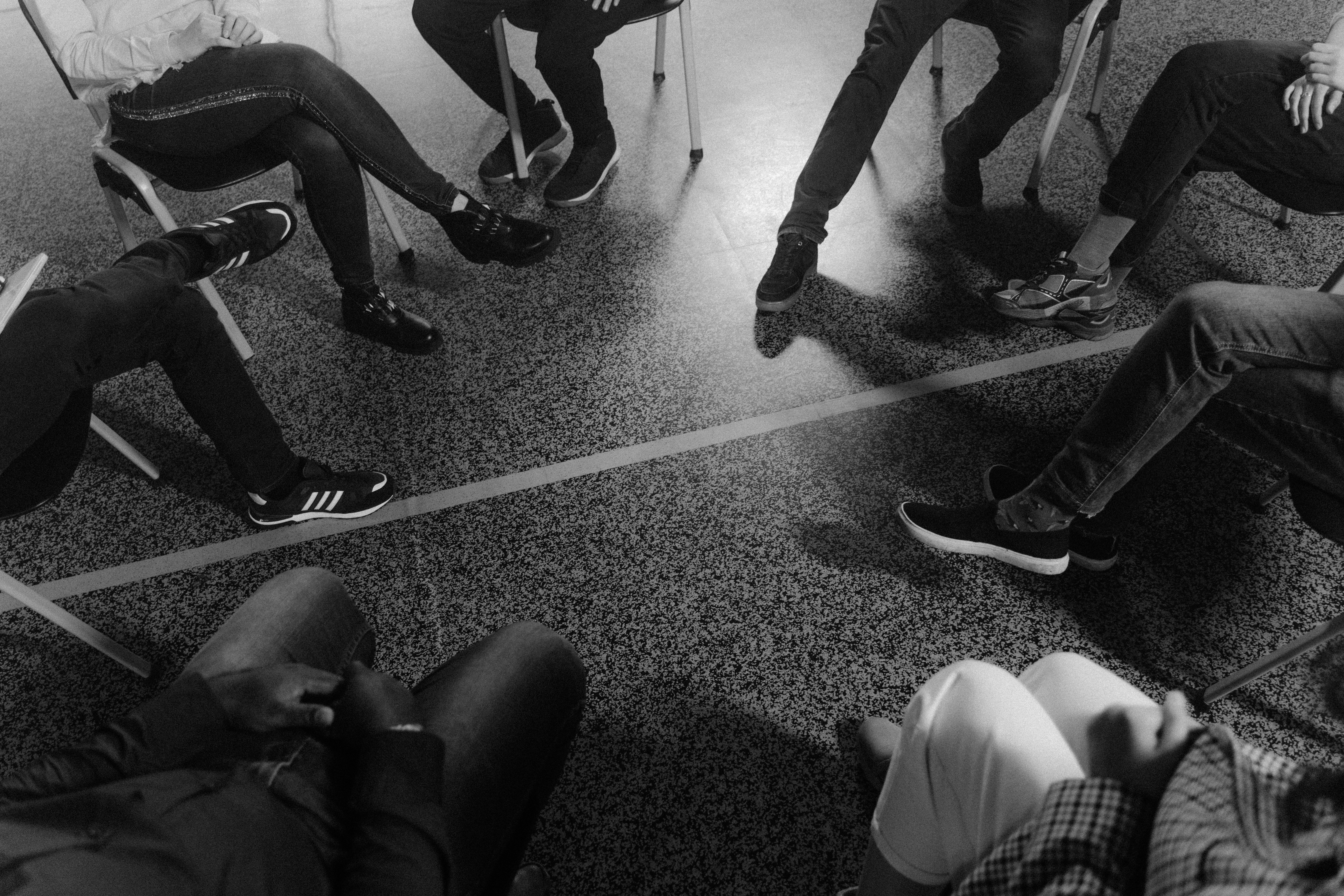 The Office of Health Promotion and Wellness hosts the Collegiate Recovery Community, which invites students who identify as being in any type of recovery to get peer support. (Image courtesy of Pexels)
The Office of Health Promotion and Wellness hosts the Collegiate Recovery Community, which invites students who identify as being in any type of recovery to get peer support. (Image courtesy of Pexels)Grief, loss, mental health concerns and death from COVID-19 have become a reality for many across the world in the past year. Another COVID-19 reality is increased substance use and overdose deaths.
Overdose and substance misuse
While overdose deaths were on the rise prior to the pandemic, according to the Centers for Disease Control and Prevention the rates of
overdose deaths have continued to accelerate over the past year. While synthetic opioids are a primary cause of increased overdose deaths, overdose deaths due to
cocaine and psychostimulants also are on the rise. Increased stress, isolation, loss of hope, depression and barriers to resources are possible contributing factors to increased overdose during COVID-19.
In addition to accelerated overdose deaths, we may also be affected by the increased risky or unhealthy use of substances. People may be drinking more to help cope with stress or boredom. Many may not be aware the threshold for binge drinking is having four drinks for women or five drinks for men – or more - within two or three hours. Excessive alcohol use can lead to addiction, violence, motor vehicle crashes, injuries and physical health issues, such as liver damage, cancer and high blood pressure.
What can we do?
First, consider how you speak about substance use. Do you discuss your relationship with substances with others? Would you even know if your friends' use was increasing? Consider initiating check-in conversations that don’t feed into the glamorization of use. Don’t turn substance use issues into a joke.
Track your use. Stay mindful of how much you’re using and why. Practice mindfulness and harm reduction strategies. Consider when you’re using and how you feel before, during and after use. Ask yourself how you will know when it’s time to cut back or abstain all together.
Consider your coping skills. Is substance use the only “tool” in your “toolbox,” or do you have many different ways in which you cope with stress, have fun and relate with others? For example, what are substance-free ways you cope with difficult emotions and enhance positive ones?
Finally, be aware of resources. For DePaul students, the Office of Health Promotion and Wellness hosts the
Collegiate Recovery Community, which invites students who identify as being in any type of recovery to get peer support. HPW also hosts quarterly Narcan trainings and recovery ally trainings. Other resources and action steps might include
getting Naloxone; finding
a treatment center and education; using harm reduction resources, such as
Never Use Alone; and reaching out to a therapist or other professional who can help you asses your relationship to substances.
Environment and awareness
Often times, we feel ill-equipped to discuss substance use once it goes beyond what feels “fun” and “normal.” We may participate in creating alienating or harmful environments by encouraging binge-drinking and normalizing party culture, and then not know what to do when someone begins to struggle.
Let’s take care of ourselves, others and our DePaul community by increasing our awareness around the impact of substance use and addiction and doing what we can to create inclusive spaces and normalize reaching out for support.